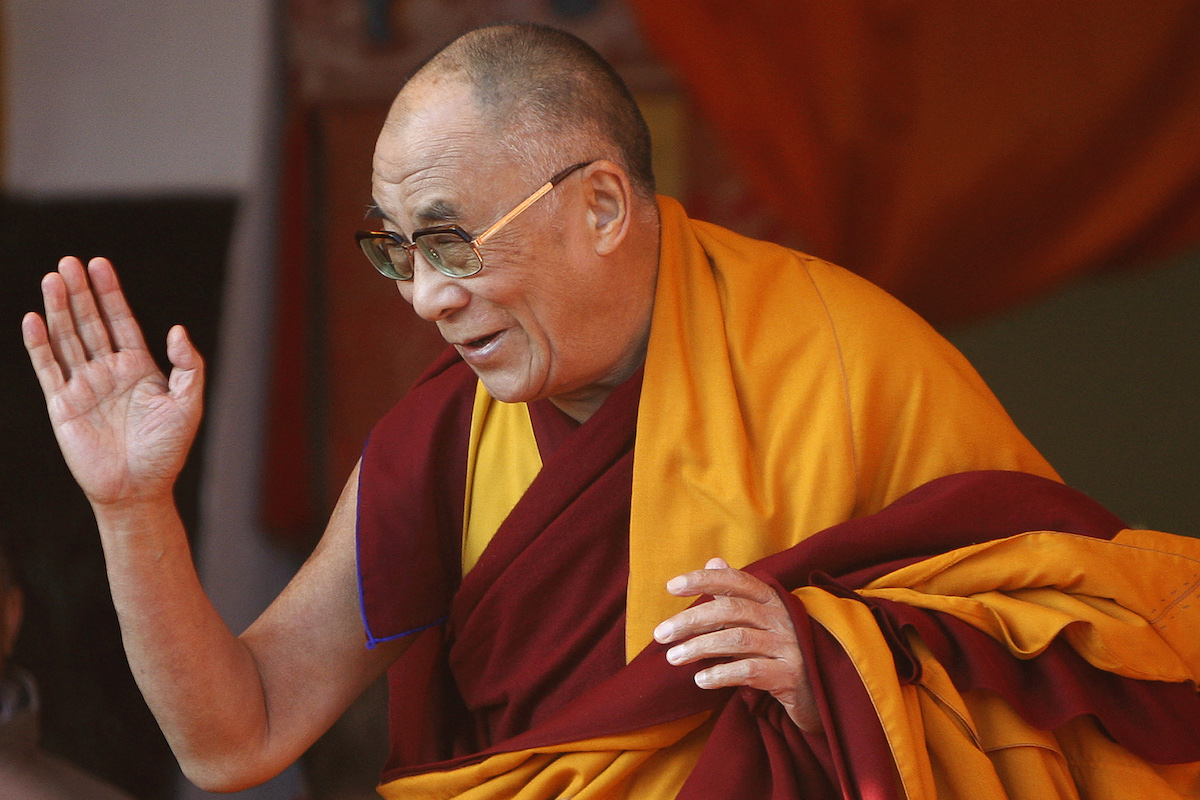Choosing the successor of Tibet’s exiled spiritual leader, the Dalai Lama, will be made by the Tibetan people and not by China’s Communist Party, according to a senior U.S. envoy.
Tibet’s people have the sole right to choose their own religious leaders, U.S. Ambassador at Large for International Religious Freedom, Sam Brownback, told a conference on Oct. 28 in Dharamsala in northern India, home to Tibet’s exiled government.
He called Beijing’s claim that it has the authority to recognize a successor a clear example of China’s “persecution of the Tibetan people’s faith.”
“The role of picking a successor to the Dalai Lama belongs to the Tibetan Buddhist system, the Dalai Lama, and other Tibetan leaders. It does not belong to anybody else, not any government or any entity,” Brownback told the gathering organized by the Tibetan Institute for Performing Arts, reported RFA.
Uncertainty over a successor has grown recently amid concerns over the 84-year-old Dalai Lama’s health.
The spiritual leader fled to India following an abortive revolt against Chinese occupation in 1959.
Since then Beijing has maintained a tight grip on the region and sought to isolate and discredit a man seen by many as a living symbol against China’s rule of Tibet.
China also claims control over the selection of his successor, saying it must fall within the bounds of Chinese law, while the Dalai Lama says he wants his successor to be born in a country not controlled by Beijing.
Senior Buddhist monks and religious leaders are reincarnated in the body of a child after they die, according to Tibetan tradition.
However, Beijing has sought to exert control over this process and removed Tibet’s six-year-old Panchen Lama in 1995, replacing him with boy of its own choosing.
The deposed Panchen Lama’s whereabouts remain unknown and prompted Brownback to call for his release and reinstatement.
“We stand with the people of Tibet as they seek to preserve their time-honored traditions including the right to venerate religious leaders of their choosing,” Brownback told the conference in India.
“Decisions regarding the selection of Tibetan Buddhist leaders rest with the Dalai Lama, Tibetan Buddhist leaders, and the people of Tibet. Period!”
Meanwhile, moves are being made on Capitol Hill in Washington to target Chinese officials trying to control the selection process for a new Dalai Lama.
The freezing of assets and denial of entry into the United States are among sanctions included in a bill put before the U.S. Congress on Sept. 13,
The move is a show of support for people in Tibet, who activists say are subjected to severe persecution or even killed for their religious or political beliefs.
The Tibetan Policy and Support Act is expected to be submitted for review by the Foreign Affairs and Judiciary committee before being forwarded to both houses for debate and passage into law.







